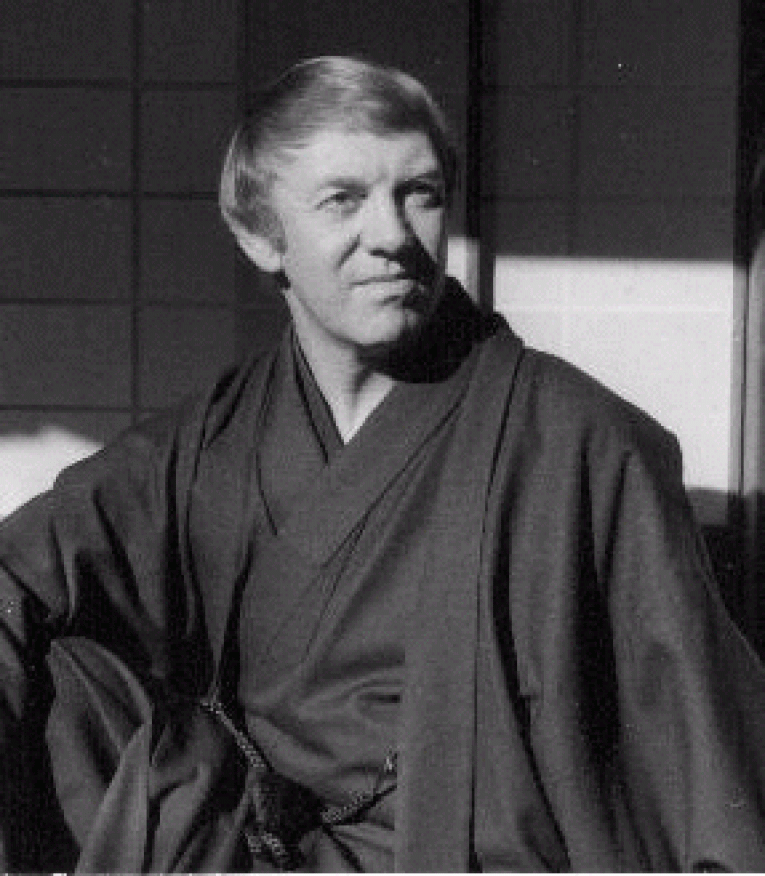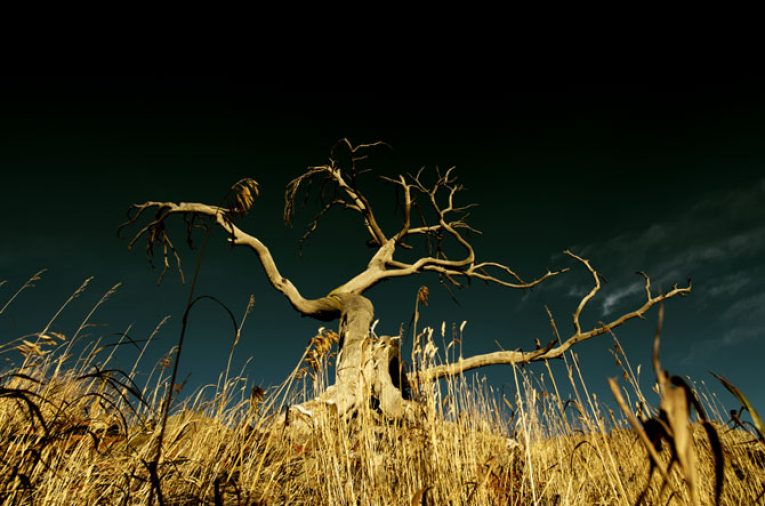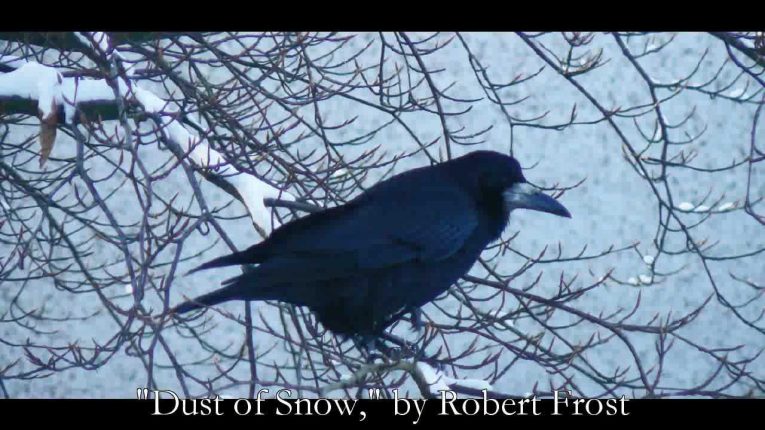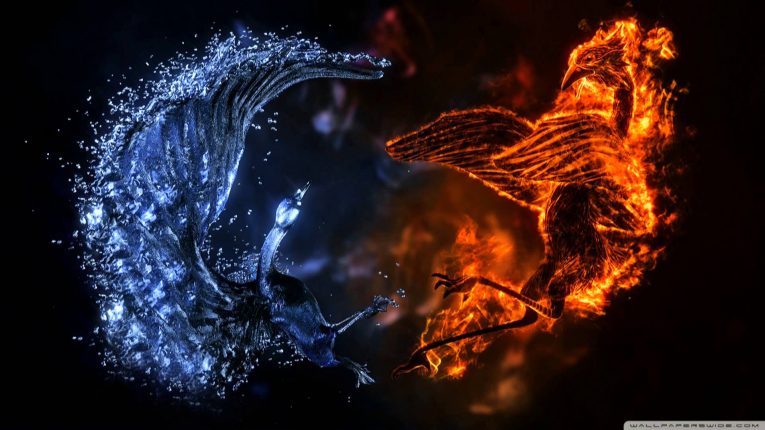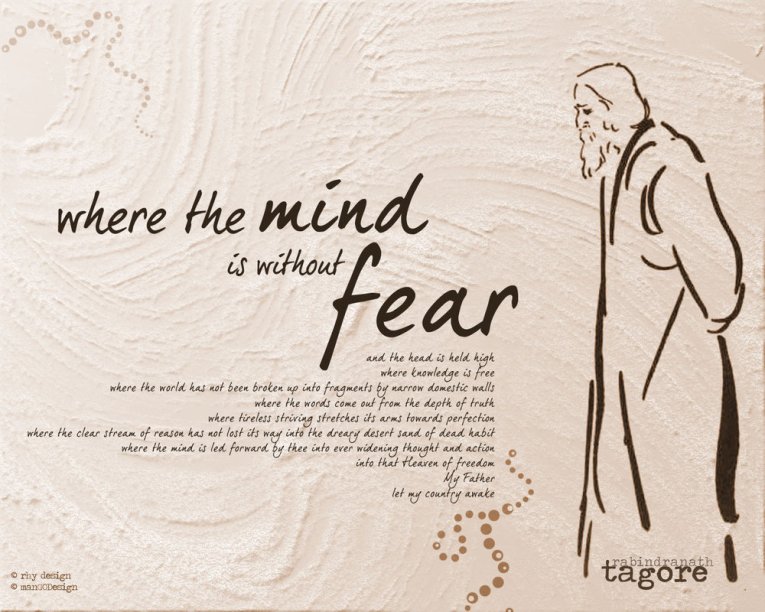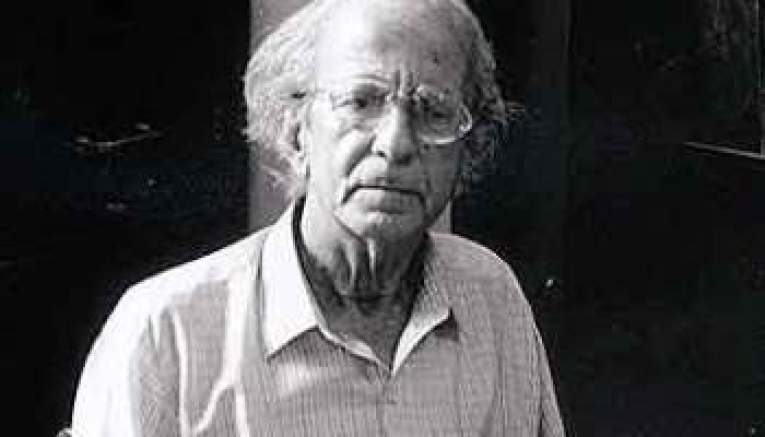About the Poet D.H.Lawrance in Hindi :
D.H. Lawrence का जन्म सं 1885,11 सितंबर को इंग्लैंड के एक छोटे से टाउन में हुआ था। D.H . Lawrence 20 वीं सदी के एक बहुत ही प्रभावशाली लेखक माने जाते हैं। Lawrence ने कई सारे उपन्यास यानि novel और कविता प्रकाशित यानि publish किए हैं, जैसे Sons and Lovers और Women in Love, लेकिन उनके सभी उपन्यास में सबसे जाना माना उपन्यास हैं Lady Chatterley’s Lover जो एक बहुत ही infamous यानि कुख्यात उपन्यास माना जाता हैं। उनके ग्राफिक और अत्यधिक यौन उपन्यास, सं 1928 में इटली में प्रकाशित हुआ था, लेकिन वो यूनाइटेड स्टेट्स और इंग्लैंड में 1959 और 1960 में प्रतिबंद लगा दिया गया हैं। 2 मार्च सं 1930 को , फ्रांस में Lawrence की मौत हो गयी।
Lawrence को एक अश्लील लेखक माना जाता था, लेकिन अब lawrence को एक बहुत ही आधुनिक english language के लेखक के रूप मे देखा जाता है। उनकी भाषाई परिशुद्धता, विषयों और शैलियों की एक विस्तृत श्रृंखला के प्रवृत्व, मनोवैज्ञानिक जटिलता और महिला कामुकता की खोज उसे अपने समय के सबसे परिष्कृत और क्रांतिकारी अंग्रेजी लेखकों में से एक के रूप में अलग करते हैं।
Summary of Snake by D.H.Lawrance in Hindi :
1st stanza:
A snake came to my water-trough
On a hot, hot day, and I in pyjamas for the heat,
To drink there.
इस छंद में कवी ने एक बहुत ही गर्मी के मौसम को दर्शाया हैं जहाँ लेखक खुद एक पैजामा पहने हुए हैं अपने आपको ठंडा रखने के लिए। वह इतना गर्मी महसूस करने लगे की वो अपने लिए जल कुंड(water-trough) से पानी लेने गए लेकिन उन्होंने देखा की उनके पहले एक साँप वंहा पहले पहुंच हुआ था।
2nd stanza:
In the deep, strange-scented shade of the great dark carob tree
I came down the steps with my pitcher
And must wait, must stand and wait, for there he was at the trough before me.
दूसरे छंद में कवी यह बता रहे हैं की कैसे वह पानी का घड़ा carob tree के छांये में रखा गया था और उस पुरे जगह में एक अजीब सा गंध रहा था। जब कवि मटकी के सामने पहुंचे तो उनको वहां कुछ देर इंतज़ार करना पड़ा जब तक उस साँप का पानी पीना ख़तम नहीं हुआ।
3rd stanza:
He reached down from a fissure in the earth-wall in the gloom
And trailed his yellow-brown slackness soft-bellied down, over the edge of the stone trough
And rested his throat upon the stone bottom,
And where the water had dripped from the tap, in a small clearness,
He sipped with his straight mouth,
Softly drank through his straight gums, into his slack long body,
Silently.
तीसरे छंद में कवी ने बताया हैं की कैसे वो साँप उनके घर के दिवार में जो दरार हैं वहां से निकल के इत्मीनान से धीरे धीरे पानी के घड़े के किनारे पर जा पहुंचे और अंत में वो अपने गले को उस पत्थर के घड़े में घुसा दिया और धीरे धीरे tap से पानी का बूँद गिरने लगे और साँप वहां से चुपचाप पानी पि कर चला गया। ये देखके कवी सांप के लंबे लचीले शरीर के माध्यम से पानी के अंदर जाने की यात्रा की कल्पना करने लगे।
4th stanza:
Someone was before me at my water-trough,
And I, like a second-comer, waiting.
इस छंद में कवी बता रहे हैं की आमतौर पे उस घड़े(water-trough) से सिर्फ कवी ही रोज़ पानी पीते हैं, लेकिन उसदिन कवी को इंतज़ार करना पड़ा क्यों की वो खुद वहां दूसरे स्थान पर पहुंचे।
5th stanza:
He lifted his head from his drinking, as cattle do,
And looked at me vaguely, as drinking cattle do,
And flickered his two-forked tongue from his lips, and mused a moment,
And stooped and drank a little more,
Being earth-brown, earth-golden from the burning bowels of the earth
On the day of Sicilian July, with Etna smoking.
इस छंद में, कवि ने वर्णन किया की कैसे एक वक़्त में सांप ने अचानक पानी पीना बंद कर दिया और उसे देखा ठीक उसी तरह जब एक पशु तालाब में पानी पीते समय रुक जाता हैं कभी कभी। इसके बाद सांप ने अपनी जबान बहार निकाल कर इधर उधर घुमाई, और कुछ देर सोचा और फिरसे पानी पिने लगा। फिर कवी उस सांप को एक Typhon से तुलना करने लगा, जो की एक पौराणिक और राक्षसी सांप हैं जिसको Gaia से उतारा गया था और अंत में Zeus ने Mount Etna फेककर उसको हरा दिया था, लेकिन अभी भी जब ज्वाला मुखी गूंज उठता हैं तब आग और पत्तर निसृत होते हैं।
6th stanza:
The voice of my education said to me
He must be killed,
For in Sicily the black, black snakes are innocent, the gold are venomous.
इस छंद में कवि ने कहा हैं की जब वो Sicily में थे तब उन्होंने कंही पड़ा था की सुनहरे सांप, काले सांप से ज़्यादा खतरनाक और विषैला होते हैं। तथा उनके शिक्षा के अनुसार उन्हें उस सुनहरे सांप को मार देना चाहिए जो की उनके trough पर आ पंहुचा हैं।
7th stanza:
And voices in me said, if you were a man
You would take a stick and break him now, and finish him off.
इस छंद में कवी के मन ही मन एक आवाज़ गूंज रहा हैं जो उन्हें बता रहे हैं की उन्हें एक लकड़ी की मदद से इस सांप को मार डालना चाहिए, जिससे उनकी मर्दानगी साबित हो सकती हैं।
8th stanza:
But must I confess how I liked him,
How glad I was he had come like a guest in quiet, to drink at my water-trough
And depart peaceful, pacified, and thankless,
Into the burning bowels of this earth?
इस छंद में कवी ने कहा की उनको वो सांप अच्छा तो लगा था और वो कही न कही खुश भी थे की सांप एक अतिथि जैसा आया, trough से पानी पिया और फिर बहुत ही शांति से वहां से चला गया जैसे वो आया था वैसे ही पृथ्वी की गहराई में लौट गया कवी की कल्पना के अनुसार।
9th stanza:
Was it cowardice, that I dared not kill him?
Was it perversity, that I longed to talk to him?
Was it humility, to feel so honoured?
I felt so honoured.
इस छंद में कवी परेशान हो गए और सोच में पड़ गए की वो कौनसी चीज़ थी जिसने उन्हें सांप की जान लेने से रोक था – कहीं वो डरपोक तो नहीं हैं, या फिर उनका सांप के साथ कुछ अप्राकृतिक संबंध तो नहीं। अंत में उन्होंने ये निष्कर्ष निकाला की उन्होंने ऐसा इसलिए नहीं किया क्युकिन सांप के वहां आने से वो अपने आपको सम्मानित समझने लगे थे।
10th stanza:
And yet those voices :
If you were not afraid, you would kill him!
इन पंक्तियों में कवि के अंदर चल रहे द्वन्द का पता चल रहा है जो उनके भय को हराकर उन्हें सांप को मारने के लिए उकसा रहा है।
11th stanza:
And truly I was afraid, I was most afraid,
But even so, honoured still more
That he should seek my hospitality
From out the dark door of the secret earth.
इस छंद में कवी स्वीकार करते हैं की वो उस सांप से बहुत डर गए थे, इससे भी ज़्यादा वे अपने आपको बहुत सौभाग्यशील समझ रहे हैं क्यों की वो सांप उन्ही का trough को चुना था पानी पिने के लिए जब वो पृथ्वी की पपड़ी यानि crust से यात्रा कर रहा था।
12th stanza:
He drank enough
And lifted his head, dreamily, as one who has drunken,
And flickered his tongue like a forked night on the air, so black,
Seeming to lick his lips,
And looked around like a god, unseeing, into the air,
And slowly turned his head,
And slowly, very slowly, as if thrice adream,
Proceeded to draw his slow length curving round
And climb again the broken bank of my wall-face.
इस छंद में कवी बता रहे हैं की कैसे सांप ने पानी पीने के बाद अपने मुँह को ऊपर उठाके होंठ के चारों और अपनी ज़बान ऐसे चलाने लगा मानो उसको एक अजीब सी संतुष्टि मिली प्यास मिटने पर। फिर उसने आसपास ऐसे देखा जैसे वो पुरे इलाके का राजा हैं और फिर धीरे से पहले अपना सर घुमाया फिर अपने शरीर को घुमाके उस दिवार के दरार में घुसने लगा जहाँ से वो आया था।
13th stanza:
And as he put his head into that dreadful hole,
And as he slowly drew up, snake-easing his shoulders, and entered farther,
A sort of horror, a sort of protest against his withdrawing into that horrid black hole,
Deliberately going into the blackness, and slowly drawing himself after,
Overcame me now his back was turned.
इस छंद में कवि कह रहे हैं की कैसे वो सांप अपने सर को दिवार के दरार में घुसाता है और फिर धीरे धीरे अपने पुरे शरीर को उसके अंदर घुसाने लगाता है। लेकिन कवी नहीं चाहते थे की वो फिर से उस अँधेरे गुफा में लौट जाए इसलिए कवि सांप के लौट जाने पर विरोध करने लगे।
14th stanza:
I looked round, I put down my pitcher,
I picked up a clumsy log
And threw it at the water-trough with a clatter.
इस छंद में कवि ने बताया की कैसे उन्होंने अपना मटकी निचे रखा, कुछ लकड़ी उठाया और trough में ज़ोर से फेकने लगे ताकि वो उस सांप को चले जाने से रोक सके।
15th stanza:
I think it did not hit him,
But suddenly that part of him that was left behind convulsed in undignified haste,
Writhed like lightning, and was gone
Into the black hole, the earth-lipped fissure in the wall-front,
At which, in the intense still noon, I stared with fascination.
इस छंद में कवि कहता हैं की उन्होंने सोचा की वो लकड़ी सांप के शरीर में नहीं लगा होगा, लेकिन वो गलत थे। ऐसे लकड़ी फेकने से वो सांप अपनी गति और भी तेज़ कर देता है और बिजली की तरह एक फ्लैश में दीवार के छेद में गायब हो गया। ऐसे में सूरज बहुत ही निर्दयी रूप में निचे धधक रहा था, और कवि बहुत ही निराशा से उस दिवार के दरार को देखते रह गए।
16th stanza:
And immediately I regretted it.
I thought how paltry, how vulgar, what a mean act!
I despised myself and the voices of my accursed human education.
इस छंद में कवी अपने निराशा की वैख्या करते हुए कह रह हैं की वो अपने इस क्रूर और क्षुद्र कार्य के कारन अपने आप से खेद करते हैं। वो अपने आपसे नफरत करने लगे और अपनी शिक्षा को भी कोसने लगे क्यों की उन्हें लगता हैं की उनकी शिक्षा ही उन्हें सांप के साथ इतना क्रूर होने में मजबूर किया है।
17th stanza:
And I thought of the albatross,
And I wished he would come back, my snake.
इस छंद में कवी अपने आप को पौराणिक नाविक के साथ तुलना करता हैं जिसने Albatross को बिना कोई कारण ही मार डाला था ( Coleridge कविता के अनुसार), और वो आशा मग्न हो उठे की शायद फिरसे वो सांप उस trough में लौट आएगा।
18th stanza:
For he seemed to me again like a king,
Like a king in exile, uncrowned in the underworld,
Now due to be crowned again.
इस छंद में कवि ने बताया है की अगर ये सांप एक राजा होता। हालांकि उसके स्थान पृथ्वी की सतह के नीचे था जहाँ उनको ताज पहनाया नहीं गया। लेकिन कवि सोचते हैं की बहुत ही जल्द वो एक ताज ज़रूर हासिल करेगा।
19th stanza:
And so, I missed my chance with one of the lords
Of life.
And I have something to expiate :
A pettiness.
ये अंतिम छंद हैं जहाँ कवी बता रहे हैं कि उन्होंने एक बहुत ही सुनहरा मौका खो दिया अपने घर में जीवन के प्रभु का स्वागत करने का। लेकिन वो ज़रूर अपने इस क्षुद्र व्यवहार के लिए माफ़ी चाहेंगे।
Suggested Reading: Line by Line Summary of Snake by D.H.Lawrance
Some online learning platforms provide certifications, while others are designed to simply grow your skills in your personal and professional life. Including Masterclass and Coursera, here are our recommendations for the best online learning platforms you can sign up for today.
The 7 Best Online Learning Platforms of 2022
- Best Overall: Coursera
- Best for Niche Topics: Udemy
- Best for Creative Fields: Skillshare
- Best for Celebrity Lessons: MasterClass
- Best for STEM: EdX
- Best for Career Building: Udacity
- Best for Data Learning: Pluralsight
